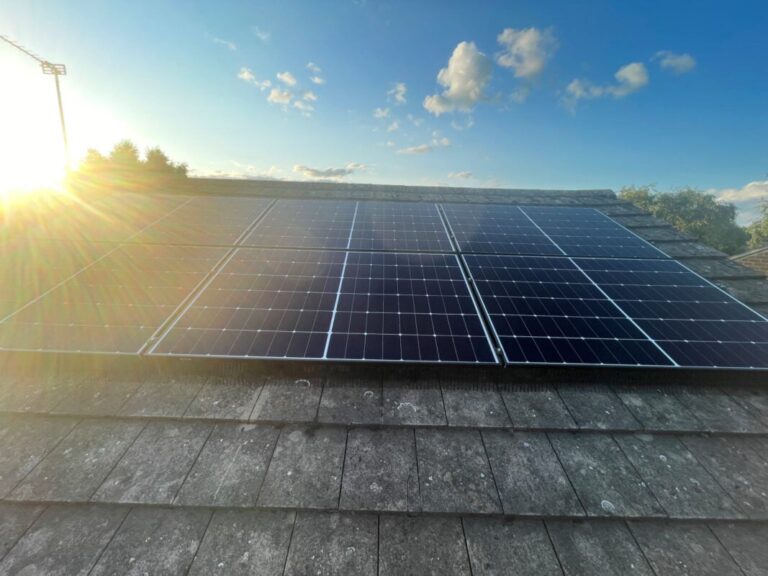Sonning Common Primary School will increase its on-site solar photovoltaic (PV) generation capacity, with the help of an interest-free loan of just under £12,000 from Oxfordshire Country Council.
The loan is being provided from an £800,000 fund, under an energy efficiency support service, funded by the council and provided by Oxford Brookes University and Low Carbon Hub. The Action on Carbon and Energy in Schools (ACES) program has been running since June 2023 and aims to help schools maintained by the country reduce their energy consumption.
The primary school hopes to install solar PV on its classrooms during the summer holidays. Chris Hirst, headteacher at Sonning Common Primary School, said the school is “delighted” to be adding to an existing solar array, and is proud to be playing a part in Britain’s transition to a net zero current.
Sonning Common is the second school to use the fund in this round of loans, according to Councilor John Howson, Oxfordshire County’s cabinet member for children, education and youth care.
The ACES program is not exclusively focused on solar energy, with the first school to receive a loan during this round, Nettlebed Community School, using its £48,000 allocation to install LED lighting.
Similarly, £530 million in public investment was allocated under the Public Sector Decarbonisation Scheme in May. Solar energy was a focus of the provision, with 84 projects receiving funding to install solar panels on public buildings. NEAT Academy Trust in Newcastle-upon-Tyne received just over £4 million to install solar panels. Leeds City Council, meanwhile, received almost £7 million to decarbonise 11 buildings with solar panels, nine of which are educational institutions.
Measures have been investigated to provide subsidies specifically for solar energy projects in schools. For example, Solar for Schools worked with National Grid on a £2.7m venture to raise money and enable the installation of £10m worth of solar projects in schools.
The initiative is part of National Grid’s commitment to help schools in areas of high economic deprivation achieve net zero targets. Considering the cost benefit of low-carbon energy generation, school operating costs can be dramatically reduced by installing solar panels.
In fact, two schools in Birmingham that installed solar systems as part of the scheme said they saved £3,500 in just one month, predicting a saving of £1.2 million over the operational life of the solar panels.
Providing solar education
With Foreign Secretary Ed Miliband recently speaking out against the misconception that solar farms pose a threat to national food security, declaring that the government will deliver a ‘rooftop solar revolution’, education is important.
Solar panels in schools will not only help achieve ambitious targets to triple the UK’s solar capacity by 2030, but they can also be a starting point for curriculums. As part of National Grid’s solar initiative for schools, students in Birmingham participated in hands-on educational workshops, meetings and a library of science, technology, engineering and mathematics (STEM)-related resources on energy, efficiency, sustainability and economics.
Director of Solar for Schools, Ann Flaherty, said: “We always say learn from your school buildings, not just from within. By putting solar energy on the roofs of schools, we are empowering students and helping them see that they can do something locally to reduce carbon emissions, which will help meet targets nationally, and that helps reduce our emissions worldwide.”


